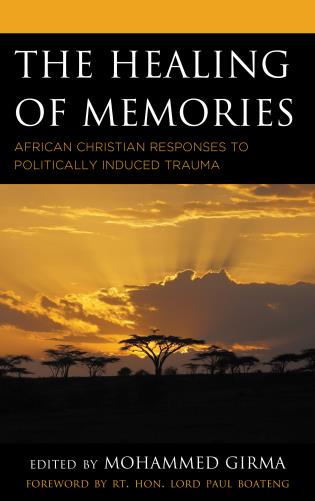The Church is well-placed to help bring peace across Africa, said Lord Boateng tonight.
His words came at the launch of The Healing Of Memories, edited by Mohammed Girma, international advocacy officer for ABLI.
‘The idea of peace-making in Africa is not academic,’ he said. ‘Whether it be in Sudan, Nigeria or Ethiopia and Eritrea, the Church and people of faith are speaking…and creating safe spaces through which people can be brought together.’
The African Biblical Leadership Initiative conference is held annually in Africa. It draws people together from leadership in all sectors of society, including government and the Church, to discuss key issues of the day, including peace-making and conflict.
The ABLI conference began in Ethiopia in 2008. Prof Paul Williams, CEO of Bible Society, told the 100 people assembled at the House of Lords for the book launch, ‘We realised that there was a challenge around peace-building and reconciliation and the healing of the past’. This, he said, was ‘something vital for African Christianity and African society’.
But, these aspirations for peace-making and helping to bring healing from the traumas of war are set against the fact that, currently 15 countries in Africa are involved in war, or that are experiencing post-war conflict and tension. These include South Sudan, Somalia and Liberia.
These wars have displaced millions of people. According to the UNHCR, in 2014 the number of people displaced in North Africa was up 17 per cent on the previous year, while the number had risen by 17% in Sub-Saharan Africa.
The conflict in South Sudan has seen some 2.47 million people flee their homes, while more than 4 million have been displaced by violence in DR Congo, and nearly 1.5 million in the Central African Republic.
It is precisely because of these wars, and the trauma left by them, that the Church needs to act, said Mohammed Girma. During the Rwandan genocide, he said, ‘the Church became part of the problem’. But, across Africa today, he added, ‘I want churches and Christians to realise what they have in their hands when it comes to healing.’

Published: 26/10/2018
Although IBAC exists to foster conversations on Bible advocacy-related issues, the views or opinions represented in this blog are solely those of the author